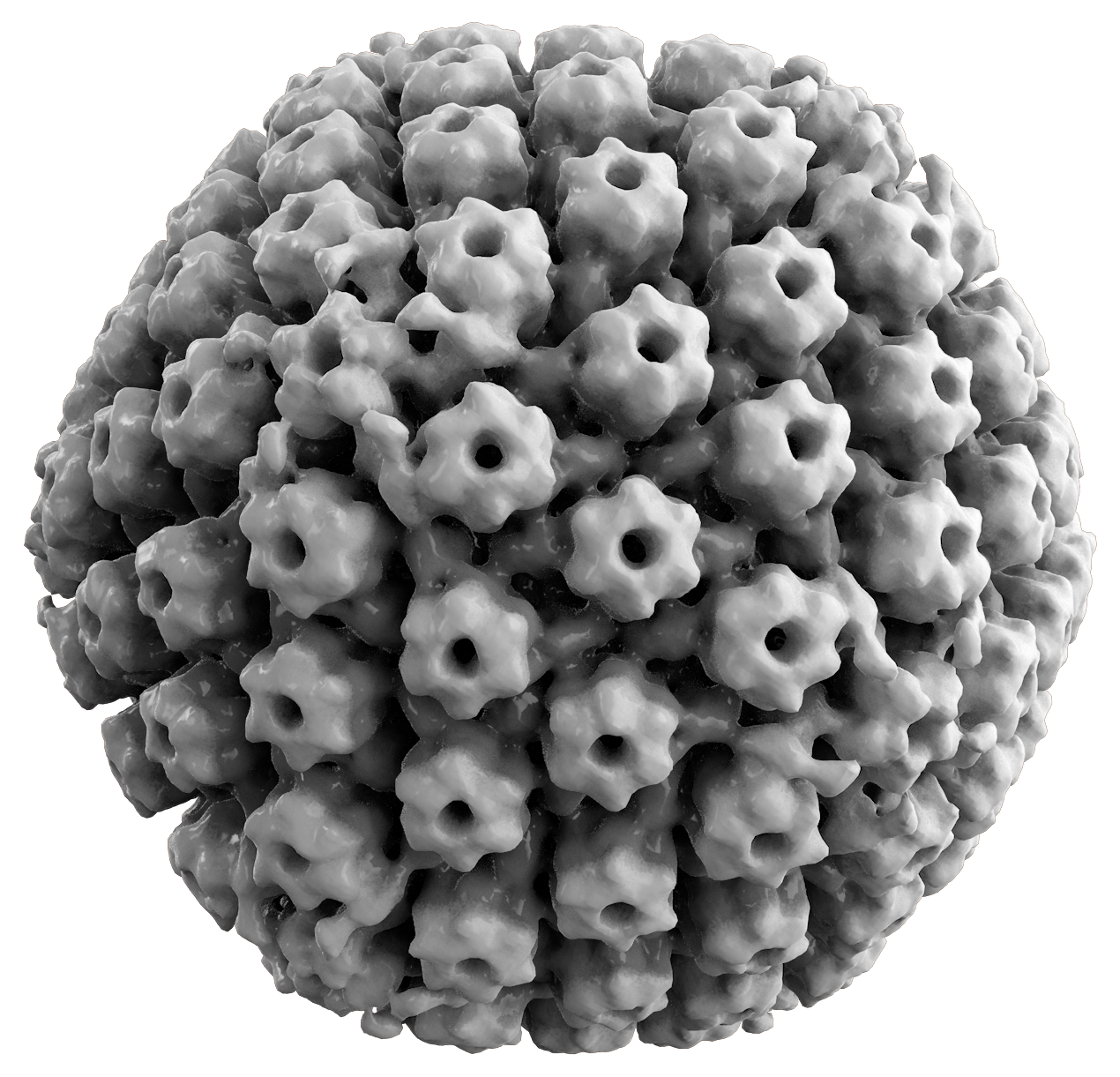The herpes simplex virus (HSV-1) causes cold sores, which look like oozing blisters around the mouth. HSV-1 is not the same strain that causes genital herpes (HSV-2). This virus is contagious and can be spread by sharing objects, skin-to-skin contact, or by sharing saliva. Teach your child good hygiene skills and help them to avoid putting dirty hands or items into their mouth.
Complications of Herpes Simplex (Cold Sores)
HSV-1 can cause keratitis, an eye infection that can result in permanent scarring or blindness. HSV can be dangerous for children under the age of 6 months or those with weakened immune systems. If you think your infant has a cold sore, contact your pediatric healthcare provider.
Signs and Symptoms
- Blisters of the gums, lips, chin, cheeks, or nose
- Fever
- Irritability
- Discomfort
- Sore throat
- Drooling
- Swollen lymph
Cold Sores Often Reoccur
The virus lives on inside your child’s body. It will resurface during times of stress, exposure to heat or cold, fatigue, cold/flu, hormonal imbalances, dehydration, poor diet, and other times when the immune system is weak. Your child is contagious during these flare-ups.
At-Home Care of Cold Sores
- Don’t pick at the sore. Wash hands frequently.
- Keep commonly used objects clean, like toys and doorknobs.
- Don’t share cups, straws, utensils, etc.
- Sit out of your high-contact sport during a flare-up.
- Ease discomfort with ice. Drink a smoothie or a popsicle to soothe the sore.
- Use a pain reliever for extreme discomfort.
- Abreva and Blistex are both OTC cold sore brands recommended for kids over the age of 12. Check with your provider before giving your child under 12 either of these products.
- Use sunscreen and lip balm with SPF.
- Manage stress and live a healthy life.




